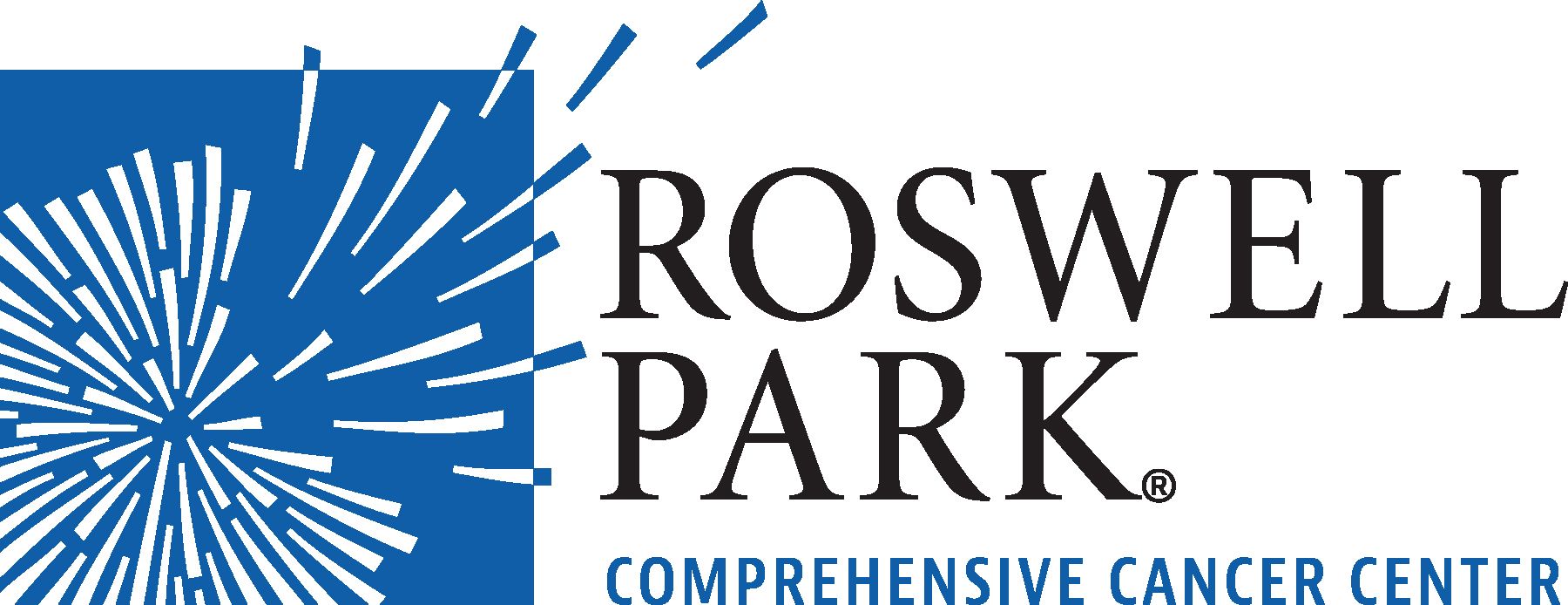
Dr Hernandez-Ilizaliturri on the Use of CAR T-Cell Therapy in R/R Multiple Myeloma

Francisco Hernandez-Ilizaliturri, MD, discusses the use of CAR T-cell therapy in patients with relapsed/refractory multiple myeloma.
Francisco Hernandez-Ilizaliturri, MD, director, Lymphoma Research, professor, oncology, Department of Medicine, head, Lymphoma Translational Research Lab, associate professor, Department of Immunology, Roswell Park Comprehensive Cancer Center; clinical professor, Department of Medicine, Jacobs School of Medicine and Biomedical Sciences, University at Buffalo, discusses the use of CAR T-cell therapy in patients with relapsed/refractory multiple myeloma.
In April 2024,
These expanded indications represent significant advancements in the management of multiple myeloma and demonstrate the potential of these innovative immunotherapies beyond their initial application in B-cell lymphomas, Hernandez-Ilizaliturri begins. These products are a promising treatment option for younger patients with good renal function who require effective disease control, he says.
However, data from the CARTITUDE-4 and KarMMa-3 trials indicate shorter durations of response (DOR) with cilta-cel and ide-cel, respectively, compared with the DOR that is typically seen with these products in B-cell lymphomas, Hernandez-Ilizaliturri explains. This shorter DOR in multiple myeloma indicates the importance of early intervention, as the efficacy of CAR T-cell therapy may diminish in patients with heavily pretreated, compromised immune systems, he emphasizes.
Additionally, the trial findings underscore the necessity of understanding how myeloma cells may impair CAR T-cell function, highlighting the need for further research to enhance the efficacy of these therapies, Hernandez-Ilizaliturri notes. The encouraging results from these trials are poised to influence clinical practice, yet they also raise important questions that necessitate collaboration between industry and academic centers to develop improved CAR T-cell products tailored for patients with multiple myeloma, Hernandez-Ilizaliturri concludes.






































